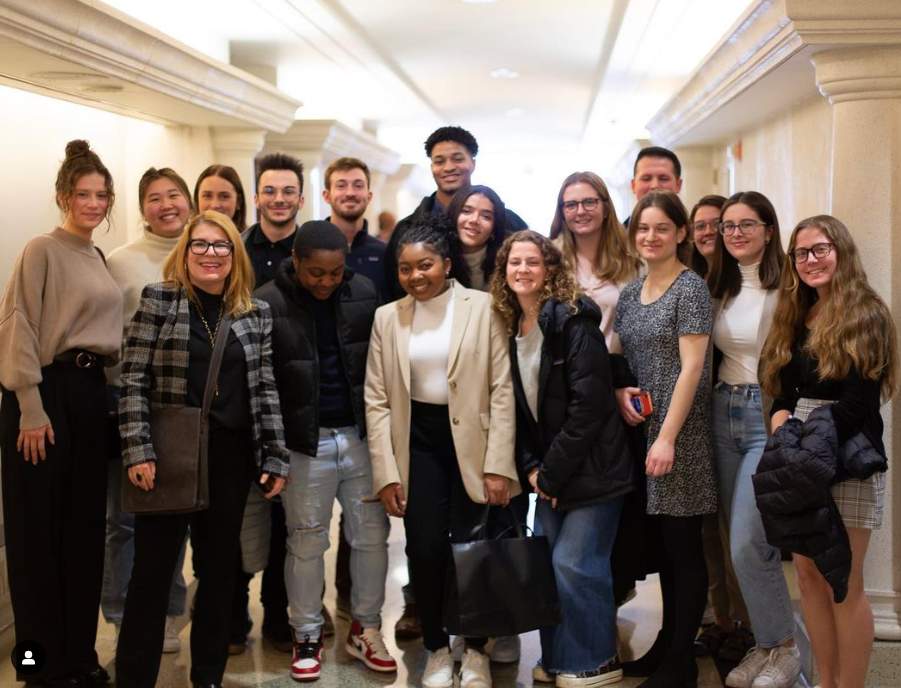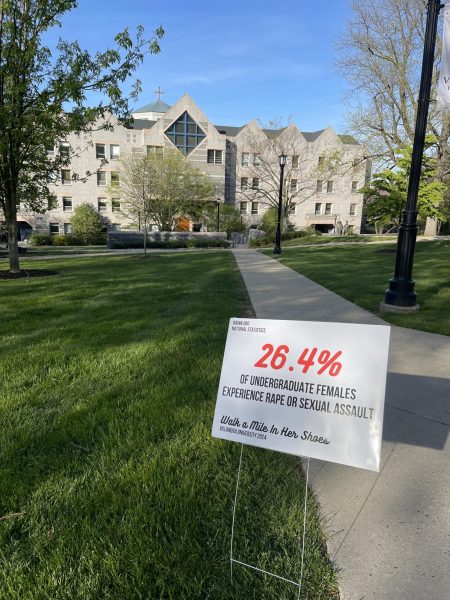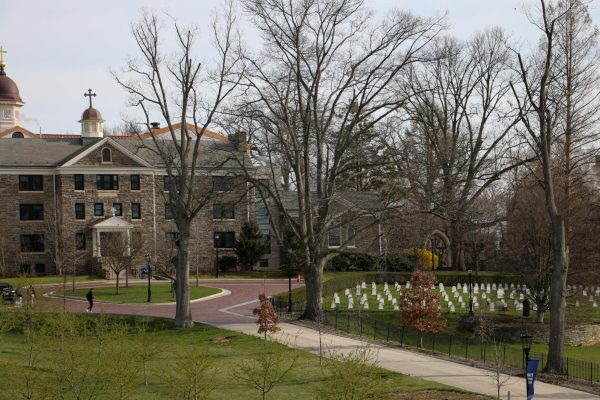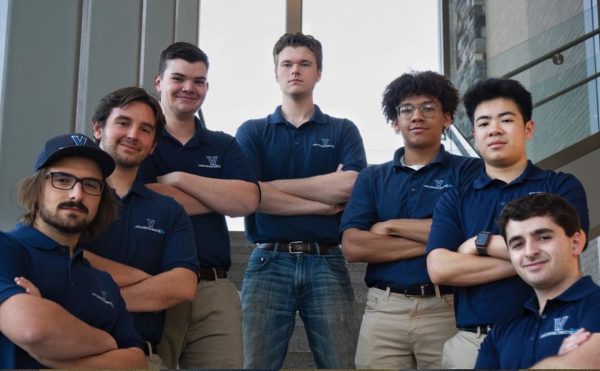Villanova’s Philadelphia Justice Project Attends the Annual Innocence Network Conference
Courtesy of @phillyjusticeproject on Instagram
Villanova’s undergraduate chapter of the Philly Justice Project.
April 22, 2023
Last weekend, Villanova’s chapter of the Philadelphia Justice Project (PJP) attended the Innocence Network’s 20th annual conference in Phoenix, Arizona. Fifteen students from the chapter left Villanova for the conference on Thursday morning and returned on Sunday morning. These students were led by chapter president Ajée Robinson and organization founder Dr. Jill McCorkel.
The Innocence Network serves as an informal coalition of independent innocence organizations dedicated to combating wrongful convictions worldwide and reforming the criminal legal system. This annual conference worked to unite directly impacted people, advocates and others who work to free the innocent, prevent wrongful convictions and provide post-release support.
The mission of the weekend was to promote learning through educational programming, relationship-building, collective action and healing. Members of the innocence network and conference attendees worked to celebrate victories, strategize around challenges and recommit to fighting for a more just future.
An array of speakers presented on assorted topics of importance speaking from their own experiences working with the prison incarceration system. Executive Board President of the Innocence Network, Tricia Rojo Bushnell, and an Arizona Justice Project board member delivered an opening plenary address Friday morning discussing the mission of reflection, restoration and celebration. One of the board members of the Innocence Network emphasized their goal of transforming and dismantling wrongful convictions by staying truthful to the movement.
Conference attendees were given the opportunity to attend different breakout rooms of their choice throughout the conference, each focused on niche areas of topics. Some breakout room topics included “Federal Habeas Corpus Litigation Workshop,” “LGBTQ Implications in Wrongful Conviction,” “Consideration in the Legal Representation of Indigenous People” and “Secondary Trauma and the Innocence Network.”
One breakout room was entitled “Community Organizing, Advocacy and Reentry.” During this presentation, selected panelists discussed stereotypes and stigmas that impact those affected by incarceration that correlate to difficulties in housing, employment, healthcare and even personal relationships.
“We are grateful to have been released from prison; however, we have not made it home yet until we can start the healing process,” one presenter said.
During the presentation, selected panelists emphasized the role of advocacy for criminal legal reform, community organizing and peer support services in the healing journey.
“The panelists brought up relevant points about organizing community to create a sense of shared accountability for change,” PJP senior Christina Folan said. “It inspired me to become more involved in the communities that I find myself in, such as Villanova, and promote more reform and advocacy for incarcerated and free people.”
On Saturday night, after the breakout sessions and conference keynotes, students attended the closing plenary, where exonerees shared stories of takeaways and experiences from their lives.
After returning from the conference, Villanova students reflected on their takeaways and how it impacted their views on the criminal justice system.
“The biggest takeaway from this experience was the vast amount of tenacity that so many exonerees and their families hold and their ability to take their experiences and create a space for other people to learn about the injustices of the government and the systems at play against them,” PJP senior Marika Yang said. “The exonerees and their families represent so much bravery that I will never forget.”
“My biggest takeaway from the conference were the many different forms that injustice in our criminal system can take, from police coercion and brutality to medical examiners citing a wrong cause of death and lack of social resources for exonerees and the newly freed,” PJP sophomore Angelica Ciofalo said. “Simple reform is not the answer. There needs to be a full revamping of our current system, and advocates, lawyers, and exonerees must all be a part of the discussion in this essential undertaking.”
**Conference presenter names have been omitted due to respect and privacy reasons**












